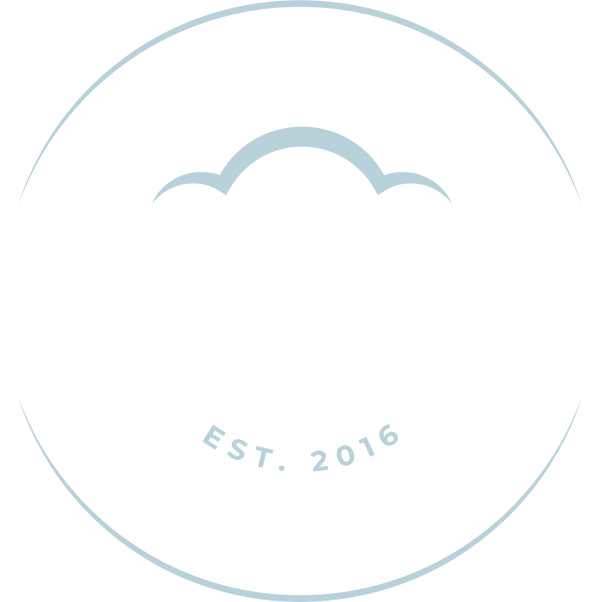
Let’s Talk Bulking: The Dirty Truth About Getting Big
Share
Let’s Talk Bulking: The Dirty Truth About Getting Big
If you’re serious about gaining muscle, you’ve probably heard the word bulking thrown around a lot. It sounds simple — eat more, lift heavy, get big — but there’s more to it than just cramming in 3,000 calories a day.
Think of this as a no-nonsense guide to doing it properly — not just eating more, but building real size and strength without wrecking your health.
What Bulking Means
Bulking means eating in a calorie surplus so your body has the fuel it needs to build muscle. It’s not just about weight gain — it’s about muscle gain. When you bulk, you train hard, eat more than you burn, and give your body the nutrients it needs to recover and grow.
You’ll gain some fat along the way — that’s normal — but the goal is to keep fat gain in check and maximise lean muscle growth.
What Is Bulking and How Does It Work?
Your body needs energy to build muscle. When you’re eating just enough to maintain your weight, or less (like during a cut), your body won’t prioritise building new muscle tissue.
Bulking works by consistently eating more calories than you burn each day — usually 250–500 extra — paired with structured strength training. This gives your body the raw materials (food) and the signal (lifting) it needs to grow.
When Bulking, How Much Protein?
Protein is key. Aim for 0.8 to 1 gram of protein per pound of bodyweight. So if you weigh 180 lbs (around 82 kg), that’s 150–180 grams of protein a day. Spread it out over your meals, and make sure you're hitting your target consistently — not just on gym days.
Will Bulking Make Me Fat?
To be blunt, yes — you’ll likely gain some body fat. But that doesn’t mean you have to get sloppy. If you’re eating mostly whole foods and sticking to a moderate calorie surplus, you can bulk without blowing out your midsection.
If you're gaining more than 0.5–1 lb (0.25–0.5 kg) per week, you may want to ease up on the calories. Steady progress is what you’re after.
Why Bulking Is Hard
At first, eating more feels like a dream. But after a few weeks, it gets challenging. You might feel bloated, lose your appetite, and miss feeling lean. Mentally, it can be tough to trust the process when you're not seeing immediate changes.
But this is where consistency wins. Keep training hard and eating with purpose, even when it’s not exciting.
Is Bulking Actually Healthy?
It can be — if you’re doing it right. A structured bulk with whole foods, balanced macros, and quality training is perfectly healthy for most people. But if you treat bulking as a free pass to eat rubbish every day, you’ll likely run into problems like poor digestion, sluggishness, and unnecessary fat gain.
Eat well, train hard, sleep enough — and bulking becomes a healthy part of your long-term progress.
Is 3,000 Calories a Day Enough to Bulk?
It depends on you. For some, 3,000 calories is plenty. For others, it’s not even maintenance. Factors like body size, activity level, metabolism, and training volume all affect your calorie needs.
The best approach? Track your weight weekly. If you’re not gaining after a few weeks on 3,000 calories, increase your intake. If you’re gaining too quickly, scale it back.
What Is the 80/20 Rule in Bulking?
This rule helps keep your bulk sustainable:
80% of your food should be clean, whole sources — think lean meats, rice, oats, veg, eggs, potatoes.
20% can be flexible — some chocolate, takeaway, or whatever keeps you consistent.
You don’t need to eat “perfectly” to build muscle — just consistently well.
Where Cloud 9 Meal Plans Come In
Bulking gets real when you're trying to hit high protein targets every single day. That’s where Cloud 9 Meal Plans step in. We make it easier to stay consistent with high-protein air fryer meals that are easy to prepare and even easier to fit into your routine.
Each meal is designed to be the base — packed with protein, clean ingredients, and minimal prep — so you can simply add your own sides like rice, wraps, or veg depending on your macros. It’s flexible, straightforward, and built for lifters who take their nutrition seriously but don’t have time to overthink every meal.
Ready to eat smarter and bulk better? Cloud 9’s got you covered.
